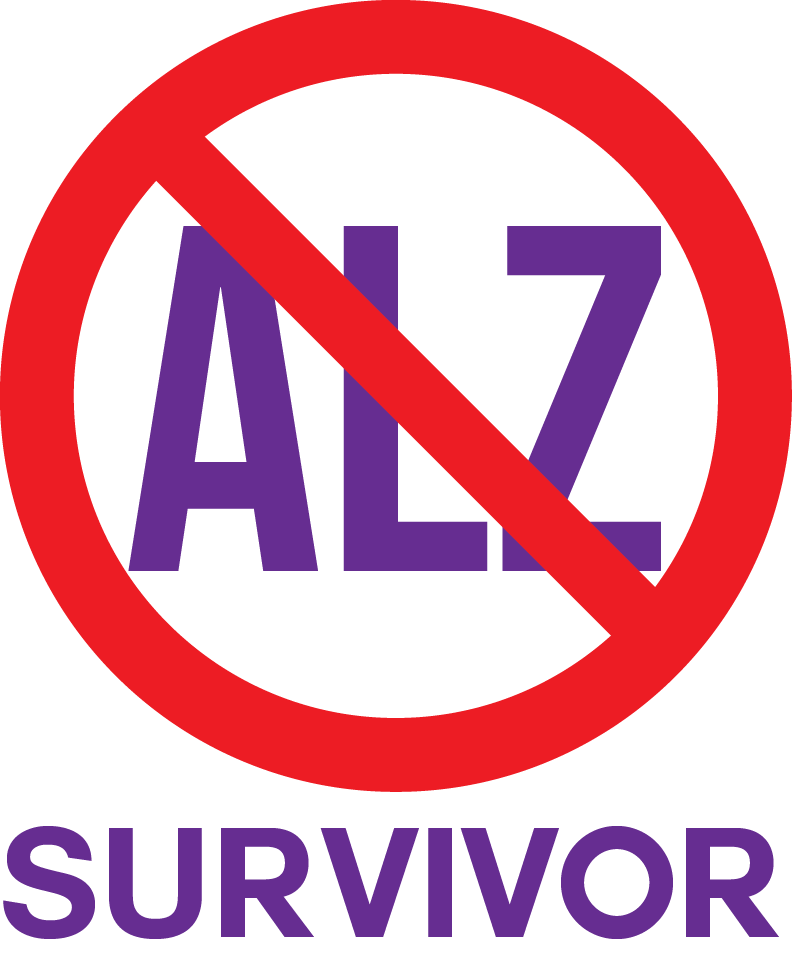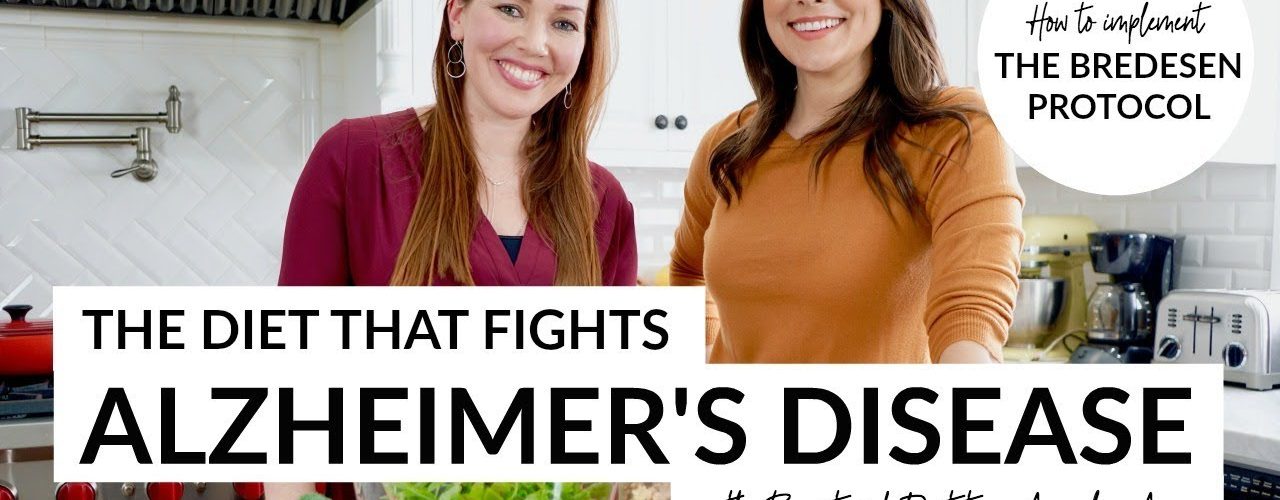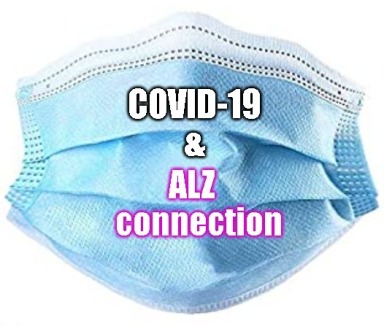The Bredesen ProtocolTM
Dietition Amylee Amos, of the Amos Institute, chats with Whitney English on an episode of “The Sitch.” The Amos Institute helps patients with neurodegenerative diseases. Amylee helps these patients implement a customized program, called The Bredesen ProtocolTM. This program was developed by neurologist and neuroscientist, Dr. Dale E. Bredesen after 30 years of research. This successful program has been proven to prevent and reverse cognitive decline. Basically, The Bredesen ProtocolTM can help you get your life back!
Alzheimer’s Diet
As a result of testing, the patient follows an individualized diet. Mainly, this Alzheimer’s diet is plant based and includes eating healthy fats to promote mild ketosis. With this intention, a ketone meter can be purchased to check ketone levels. Chiefly, these healthy fats include coconut oil, nuts (especially walnuts), seeds, avocados, and lean proteins. Also, low mercury cold water fish can be healthy to eat. These fish are categorized as “SMASH” – salmon, mackerel, anchovies, sardines, and herring. Meat should be treated as a condiment and eaten in smaller portions. In addition, low glycemic fruits can be eaten such as berries. In particular, blueberries are anti-inflammatory and packed with antioxidants.
Likewise, some foods should be avoided. Processed foods and even some foods labeled as “healthy,” are not actually healthy. Also, simple carbohydrates, sugars and artificial sweeteners should be avoided. Important to note, these artificial sweeteners can harm the microbiome. Raw honey can be used instead. Gluten should be eliminated, especially with Alzheimer’s patients. Specifically, gluten can cause leaky gut and affect the blood brain barrier.
Fasting
A proper diet is important, but when you eat is also important. Fasting or time-restricted eating can be done from 12-16 hrs. This fast begins after supper and 3 hrs. before bedtime. The longer 16 hr. fast is used by those whose genetic testing reveals they have 1 or 2 copies of the ApoE4 gene. To clarify, 1 copy of this gene increases risk for Alzheimer’s by 30% and 2 copies by 50-90%. Also, women with this gene are at even greater risk for Alzheimer’s. You can test for this gene at home by ordering a kit from 23andme. As a result of this testing, you will know if you carry 0, 1, or 2 copies of the ApoE4 gene.
Better Brain Health
Better brain health can be achieved by physically exercising 1 hr., 5 times per week. Your brain needs to be exercised in the same way. You can challenge your brain with an online computer game available at brainhq. This brain training program was designed by an international team of neuroscientists after 30 years of research.
Certain vitamins and supplements have been shown to promote brain health. Fish oil, vitamin D, and CoQ10 are some of these. However, vitamins and supplements, if not taken in the proper amounts, can have adverse effects. Consequently, patients should check with their doctors first.
In Conclusion
The same diet and lifestyle strategies can be used to prevent and reverse Alzheimer’s symptoms. Alzheimer’s doesn’t have to be a devastating diagnosis anymore. We now have the information needed to reverse it.
The Amos Institute
The Amos Institute specializes in treating neurodegenerative diseases. They help patients achieve success using The Bredesen ProtocolTM. First, they work closely with your doctor, helping you obtain the necessary testing. Specifically, this testing includes blood testing, genetic testing and diagnostic studies. Then, The Amos Institute works with you as you follow your customized program. More information may be found at amosinstitute.com.
ALZsurvivor [home] >
























